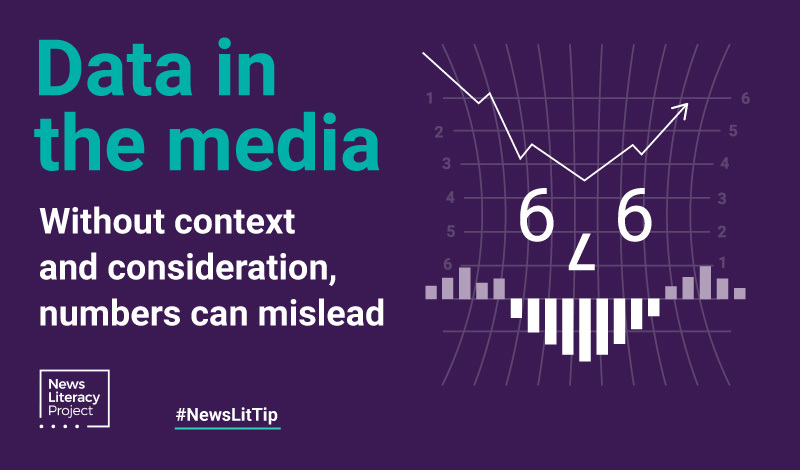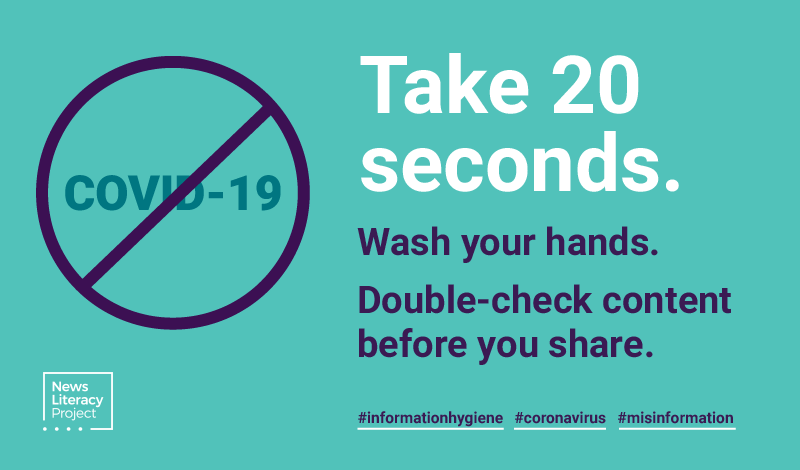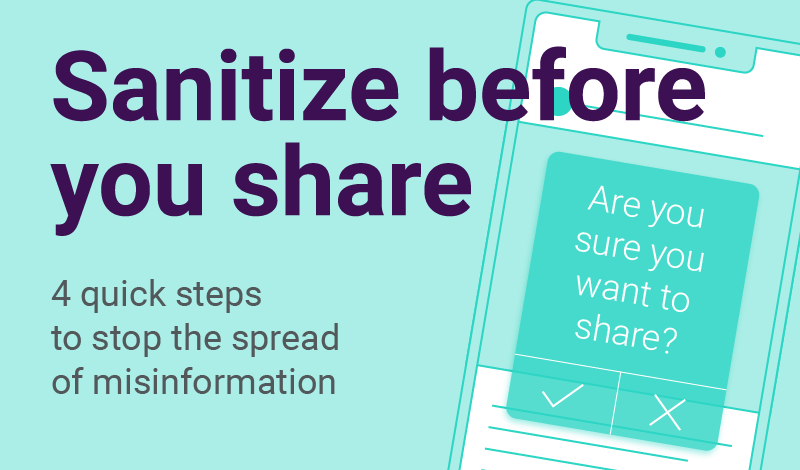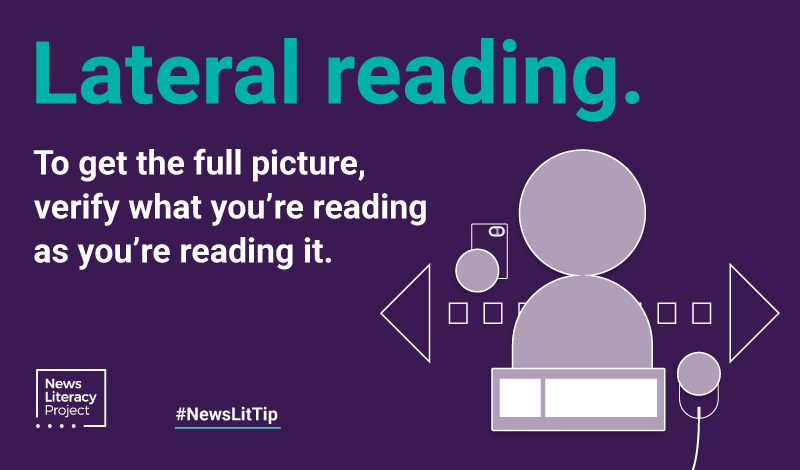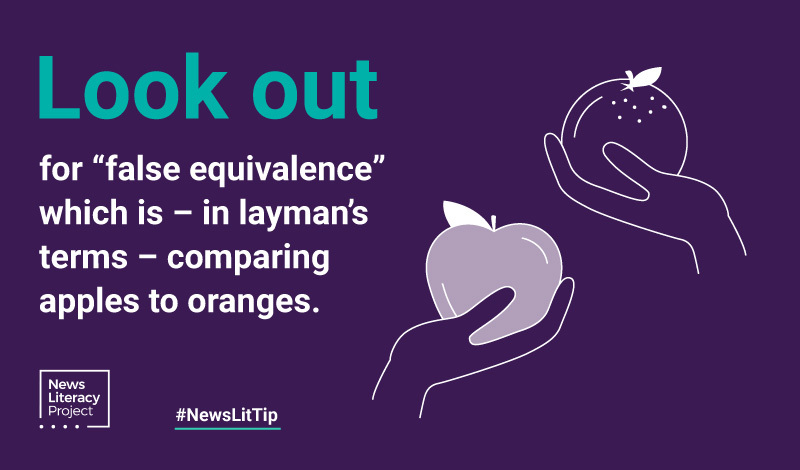
News Lit Tips
The psychology of anger, and news literacy
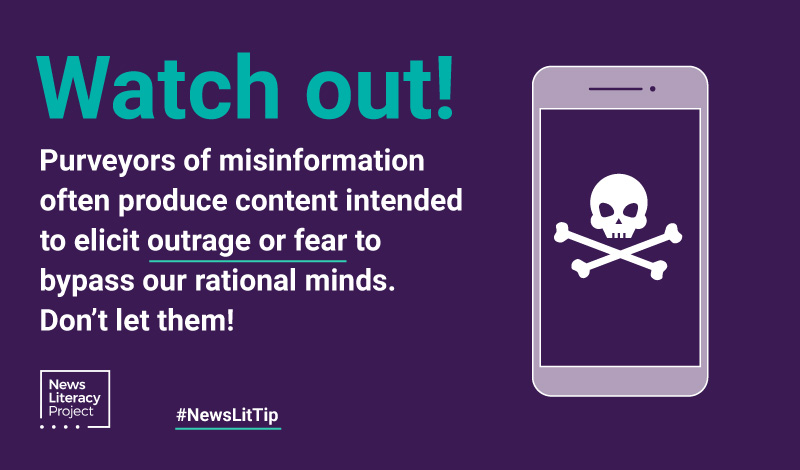
While many dither about the meaning (or lack of meaning) of the phrase “fake news,” for the purposes of her 2018 paper “Both Facts and Feelings: Emotion and News Literacy,” Susan Currie Sivek is clear: It “truly has primarily a manipulative intent and may deviate from factual accuracy to achieve that goal.”
“Unlike the objective tone sought by most mainstream journalists,” she writes, “creators of fake news typically seek to strike an emotional chord that will spur audiences to react and to share the fake content.”
Sivek, chair of the journalism and media studies department at Linfield College in McMinnville, Oregon, then lays out her concern: Technology is now a part of the scourge of people trying to appeal to emotions rather than intellect, as algorithms and apps use our personal data to recognize (and respond to) what we’re feeling and when we’re feeling it. She says: “Our emotional capacities appear freshly vulnerable to external influence in this new technological context.”
She wants us to recognize why, and how, we’re feeling angry — and to know how to handle it.
When we go online, she writes, two issues arise: We’re increasingly observed by “emotion analytics” — the hardware and software on our devices that can respond to our emotional states — and, as ever, we take mental shortcuts to make decisions.
One way to sharpen critical thinking, of course, is by improving news literacy skills. Thanks to the News Literacy Project’s efforts, and others’, she notes, growing numbers of readers, viewers and listeners are at least aware of the many clever ways that trolls, extreme partisan groups, internet subcultures and even — in a more benign way — advertisers are out to hijack our attention and emotions.
Her suggestions? Slow down before sharing, and learn the details of the devices (including digital home assistants) that are collecting information about you. But above all, she advises, be mindful of where you’re encountering news and how you’re reacting to it: That can go a long way to keep you from being motivated by hot emotions — especially when those emotions are exactly what the “fake news” purveyors want.
